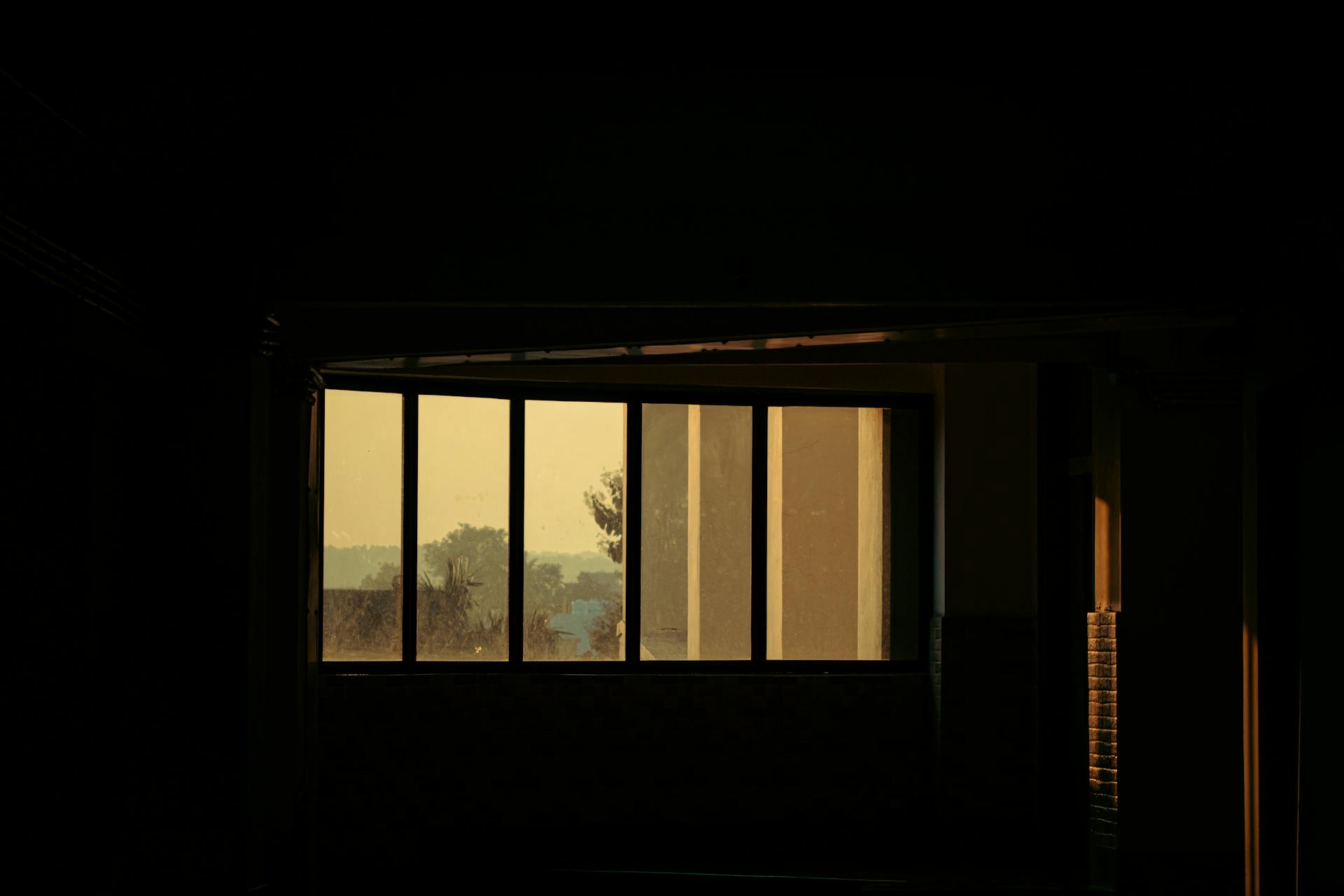THREE years ago, 16-year-old Somesh was lured away from his village in Bihar to Jaipur by some men from his neighbourhood on the premise of enrolling him in a good school and helping him study. Somesh belongs to a low-income family and his father was struggling to support a household of four. Rather than escaping to a better life, Somesh ended up as a human trafficking victim. He didn’t wait for long to realise that he had become a human trafficking victim when he was forced to work in a factory along with a few other children. They were also trafficked from villages in Bihar. Human trafficking in India is a huge problem and Somesh and other youngsters are a few examples of the problem.
Somesh says that he and others were beaten up and prevented from calling their respective families. Somesh managed to return home after being rescued by an NGO. But not many victims of human trafficking are as lucky as Somesh.

12-year-old Rani is yet another victim of human trafficking in India. She went missing after she had gone to collect water from a nearby hand pump, a daily chore. Someone came up behind her and held a rag to her face until she passed out. Her parents searched frantically for her but lost hope of ever seeing their child again. When she gained consciousness, she realised that she was hundreds of miles away from home and being sold for prostitution.
Guria, an anti-trafficking organisation in Varanasi, started an investigation and discovered the identity of the kidnapper and where Rani was being held. They helped her parents rescue their daughter with the aid of the police. Rani was saved after a long traumatic period for her and was able to return home and start afresh. But most stories of trafficked victims do not have a pleasant ending.
Human Trafficking in India
Data suggests that 95% of persons trafficked in India are forced into prostitution. A 2014 Dasra report stated that in India nearly 16 million women are victims of sex trafficking, with 40% of them being adolescents and children. More than 70% of victims are illiterate and come from extremely impoverished families. This is one of the main enablers of human trafficking in India.
Traffickers prey on vulnerable families by making false promises of a new job, additional income and better living conditions. More than 8 million children aged between 5 and 14 are toiling in fields, hazardous factories, shops and homes. The practice of child labour continues to thrive across regions in India and the pandemic has made it worse.
As per data from the Centre for Monitoring Indian Economy, in the first two months of the Covid-induced lockdown in the country, more than 122 million people, including small traders and day labourers, lost their jobs. As people fled when cities and factories shut, their children bore the brunt of the crisis. Heart-rending reports of children and adolescents being sold off for money surfaced.
The International Labor Organization (ILO) said that the Covid-19 pandemic may have led to a surge in child labour for the first time in 20 years, risking decades of progress made in this area. India has strict laws against trafficking and child labour but thousands are trafficked each year. According to a shocking report by the online news portal The Print, young women can be brought for as little as ₹30,000 in Jharkhand, less than half the price of a “healthy goat”.
Trafficking is a serious crime and it violates human rights.
World Day Against Trafficking
July 30 is recognised as the World Day Against Trafficking in Persons by the United Nations. Each year, the focus is on a specific aspect of trafficking. This year’s theme is “Victims Voices Lead the Way” as it is important to listen to the stories of survivors of human trafficking and learn. They are the key actors in the fight against human trafficking.
There are many organisations and individuals who identify, support and seek justice for survivors of trafficking, work on rehabilitating them and challenge the impunity of traffickers. Among them are five of our NGO partners who are working relentlessly on the ground:
Rescue Foundation
Founded in 2000 by Balkrishna Acharya and Triveni Acharya, Rescue Foundation conducts intelligence-based operations, assist the state police and Anti Human Trafficking Units to free girls who have been trafficked into prostitution. Their legal team also works with public prosecutors to get convictions against alleged perpetrators and compensation for victims. Each year they rescue nearly 150 girls and shift them to safe homes.
While they try to repatriate survivors to their homes directly or through partner NGOs, the girls receive education, healthcare, counselling, various forms of vocational and skills training along with legal aid. They also provide support for 400 – 500 girls and conduct several awareness programs in colleges, universities and communities. You can show your support against human trafficking and donate here.
Prajwala is a Hyderabad based NGO devoted to eradicating forced prostitution and sex trafficking. Founded in 1996 by Sunitha Krishnan and Brother Jose Vetticatil, the organisation actively works in the areas of prevention, rescue, rehabilitation, reintegration and advocacy to combat trafficking and restore dignity to victims of commercial sexual exploitation.
Currently, Prajwala runs 17 transition centres for children of women in prostitution, three crisis counselling centres in police stations and a production-cum-training unit for economic rehabilitation. They also have a therapeutic shelter home for sex-trafficked women and children, the majority of whom are HIV positive. Out of its 200 employees, 70% are survivors themselves. Prajwala also forms partnerships with local communities, civil society, corporate agencies and government bodies on various aspects of prevention, protection and prosecution throughout India and the world. To support Prajwala, you can donate here.
This nonprofit operates several programmes to rescue, protect, and rehabilitate human trafficking victims. Their efforts are also aimed towards preventing second-generation trafficking of their children. Their work involves in-depth research and networking with several other NGOs to increase the impact across the country. Prerana works towards rehabilitating trafficking victims and works on reintegrating them back into society, both legally and socially.
They work with various state governments to frame anti-human trafficking schemes and policies to rescue and rehabilitate victims. Their model for Anti-Human Trafficking (AHT) campaign is recognised as one of the most successful strategies to address the issue. Prerana’s successful programmes include residential care for children, an anti-trafficking centre, and residential vocation training for rescued victims. To support Prerana, you can donate here.
Dedicated to fighting child prostitution, second-generation prostitution, trafficking of women, and forced labour or sex on children, Guria works primarily in north India. The organisation was started in 1993 by Ajeet Singh when he adopted three children of a woman from a red light area at the age of 17.
Guria’s approach is focused on rescue and legal intervention. Their strategy involves supporting ageing victims of sex trafficking and forced prostitution as well as adolescents so that they themselves do not become victims. Their aim is to free women and their children from brothels by ending their dependency on the criminal nexus involving drugs, sexual exploitation, mafias, police and politicians.
Advocating for improvements in government policy and law enforcement rules related to trafficking and prostitution is another major activity of Guria. Besides helping the survivors get justice, Guria works to support and rehabilitate them. The other programs of Guria include community mobilisation, campaigns in schools, and sensitisation of stakeholders like the police, media, advocates, NGOs etc. They also provide health support, literacy and nutrition of children in red-light areas through Bal Kendra. To support Guria, you can donate here.
Founded in 2009, iPartner is a donor-led network supporting high-impact projects through fundraising, engagement and advocacy. The organisation has been working on the issues of education, health, anti-trafficking of children and women. iPartner is active in 22 states in India through the support of corporates, philanthropists and foundations.
They work with grassroots organisations to build their capacities on projects and for financial management. So far iPartner India has impacted the lives of 900,000 beneficiaries from the most vulnerable communities. To support iPartner, you can donate here.
–
Give’s mission is to “make giving bigger and better.” Give is the most trusted donation platform in India for fundraisers and crowdfunding campaigns. Through our technology solutions, we enable individuals and organisations to fundraise and donate to a cause, charity or NGO with trust and convenience. Give’s community of 2.7M+ individual donors and 300+ organisations supports 3,000+ verified nonprofits with 80G deduction and serves 15M+ people across India. Find a fundraiser today!

Samar is a Marcoms specialist and freelance writer. She has a master’s in marketing and creativity from ESCP Business School. She is an avid traveller and likes to write about technology, travel, wildlife and sustainability.
Discover more from
Subscribe to get the latest posts sent to your email.

